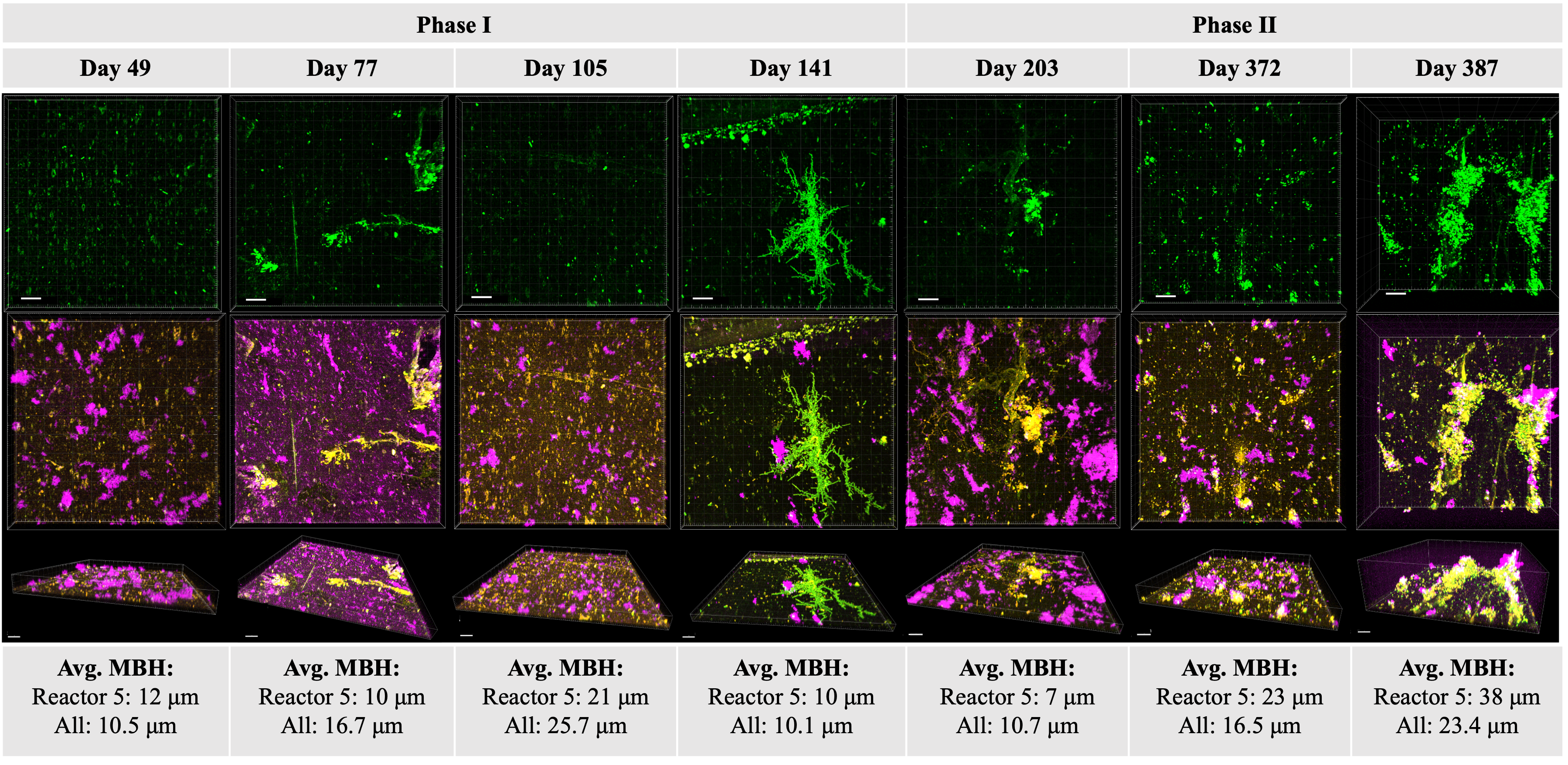Dr. Hannah Greenwald Healy and members of the Nelson Research Group (Department of Civil and Environmental Engineering at UC Berkeley) found that microbial abundance increased more than an order of magnitude in a model water distribution system during 6 months in which water use was reduced due to COVID closures. The microbial community composition also changed over that period of time, and the shift depended on the community of initial constituents. The findings illustrate how tap water age influences resident microbial communities. Published January 22, 2024 in npj Biofilms and Microbiomes.

From Greenwald Healy et al. (2024)